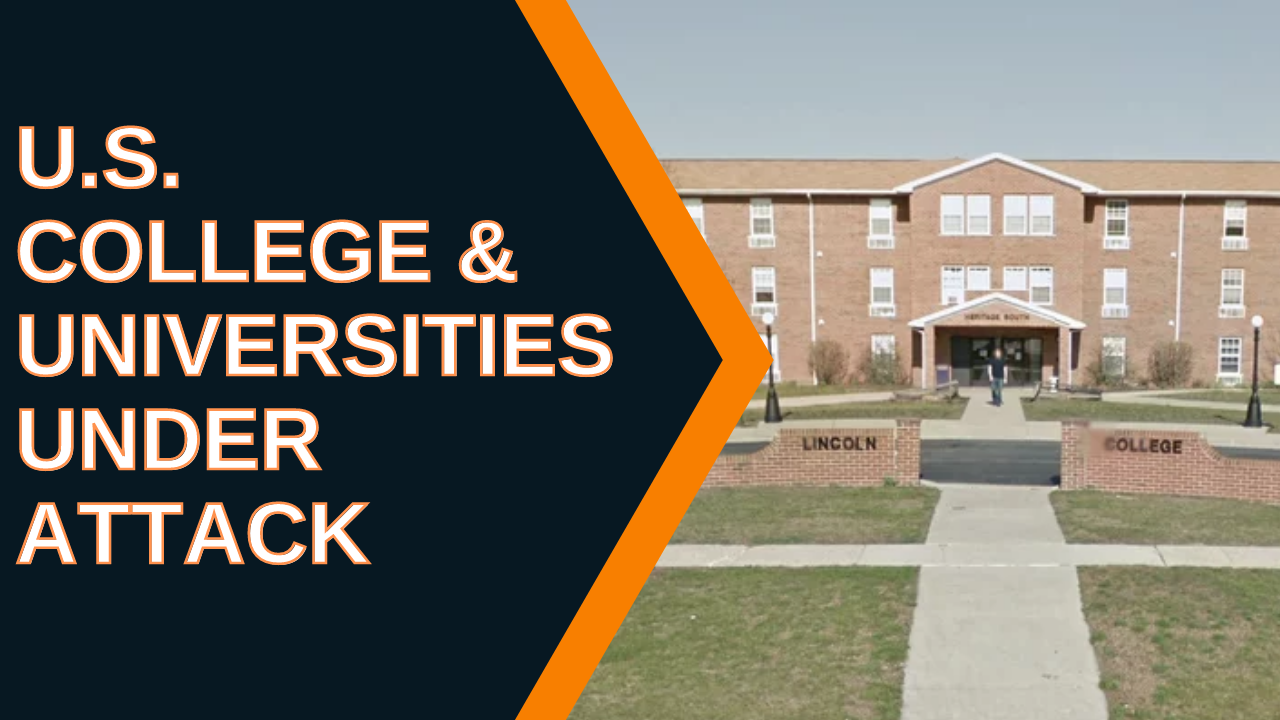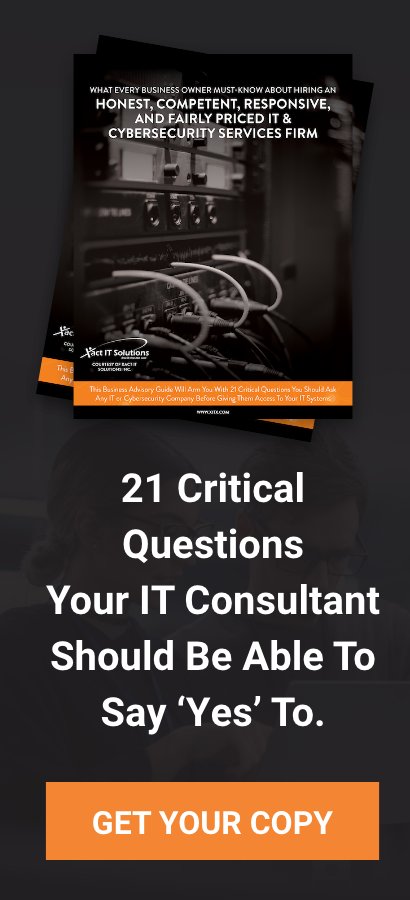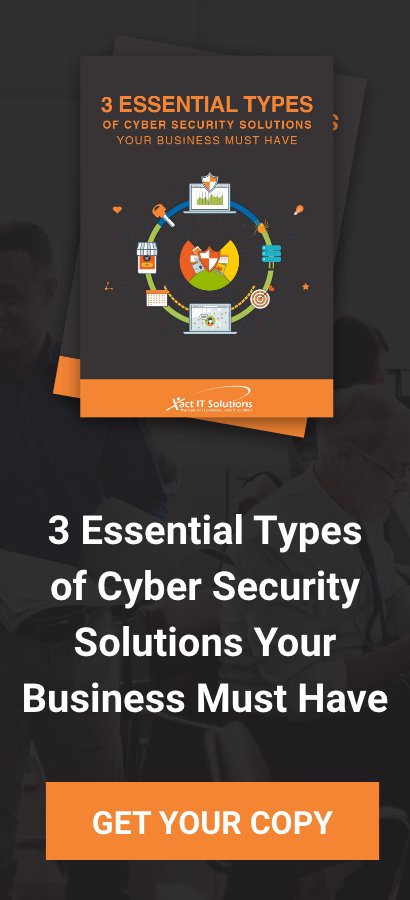Today’s blog is going to be about some colleges that are under attack by cyber criminals. So let's get into that right now.
There are a couple colleges that are dealing with some cyber-attacks. Let's start off with Lincoln College, that one's a little bit older, but they just announced that they have to shut their doors. This incident was expressed on the Security Squawk podcast. The podcast is recorded live and is on YouTube every week. Lincoln College is a historically black university out in Illinois, and unfortunately, they had to close after 157 years. They basically said that they couldn't survive the one, two punch of a ransomware attack on the heels of the pandemic.
http://https://www.youtube.com/watch?v=hMx2q1GrYAE
Unfortunately, experts see a lot of this, right? There's a lot of businesses that are in this situation where they are basically just making payroll. If that's your business and you have a ransomware attack, ransomware attack comes along, that's probably going to knock out your business. It costs a lot of money to recover from a ransomware attack. I think everybody that has to ever deal with a ransomware attack really doesn't understand going into it as much as somebody like me tries to tell the world, Hey, this is a big deal. Hey, it's going to cost you a lot more than you think. It's not just paying the ransom and moving on with your life. There's way more costs involved. The individuals that you need to help you are commanding sometimes $500, $700 an hour.
As soon as that meter starts running, this starts to add up real, really quick. So if you're a business and you're just making enough margin to stay afloat and you're not a real strong, resilient, profitable business. That’s a lot of businesses out there quite frankly, because experts evaluate a lot of businesses and we know kind of how much money they had to play with. The other thing too is businesses have not had to dedicate this much money to cybersecurity or IT in history. So now they're having to shift money from somewhere else in their business to cybersecurity to make sure that they don't have a ransomware attack or don't get hacked. Unfortunately, these companies just don't know how to do that. They can't pivot quick enough or it's just not an option.
So, they kind of just keep on keeping on and one day they get hit with ransomware. As experts see with Lincoln College and many other businesses around the world that get hit with this problem called ransomware, they go out of business fairly quick. Also, the other ransomware attack that occurred was the College of Coastal Georgia. Now this college has about a little over 3000 students and its main campus is in Brunswick. It's just about 35 miles north of Jacksonville, Florida. The company just released a statement today saying they're investigating and assessing a situation while working on a restoration plan. It is not known at this time when systems will be restored. The College of Coastal Georgia officials said in a statement, the college is using all available means of communication to keep students and employees informed. What we know about the College of Coastal Georgia is they're also having issues like Lincoln College with admissions and processing and basically making money because that's how they make money, is by admitting students into their school and into their program.
When those systems are down, or they're inaccessible, or they don't function as they normally do, it makes it hard for these colleges to get money in. Meanwhile, when you're not getting money in, you have trouble paying bills. And then the snowball effect of that is a pretty big deal. So why do cyber criminals like colleges? Usually they're not well protected because they don't have their eye on cybersecurity. They may think they're doing enough, but they're not getting good advice from cyber professionals like my company or like myself on what they should be doing properly or they don't have a full cybersecurity plan in place. They also have a lot of computers on a network that aren't being used or aren't being looked at all the time. So it makes it easy for these guys to go in and go through the network undetected.
All in all, there’s a lot of different things that are happening with this school that makes it, or both schools actually and makes it a prime target. Plus, the other thing is, is that these schools want to deliver on their service. They know they have students that have paid good money to learn from these colleges. When you do things like this, you make it very difficult for them to even do their core function, which is actually teach students and give an education. So colleges, schools, K-12, community colleges need to take cyber security more seriously. You need to start hardening your system. You got to start putting a cyber security plan in place, follow a framework, adopt a framework. You'll become more cyber resilient and they'll move on to another school or another college once you make it too hard for them but you make it easy for them, this is the kind of stuff you get.



